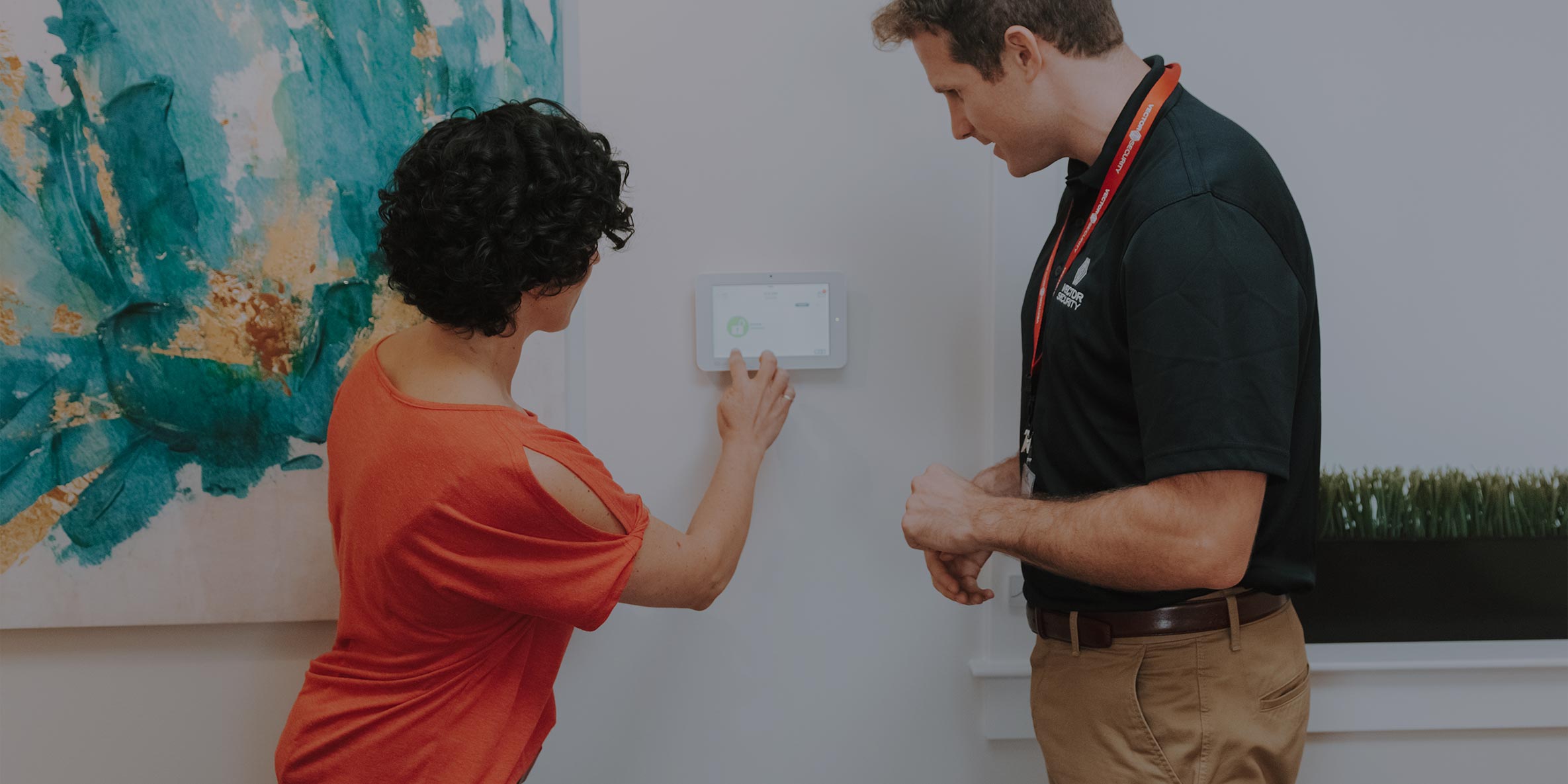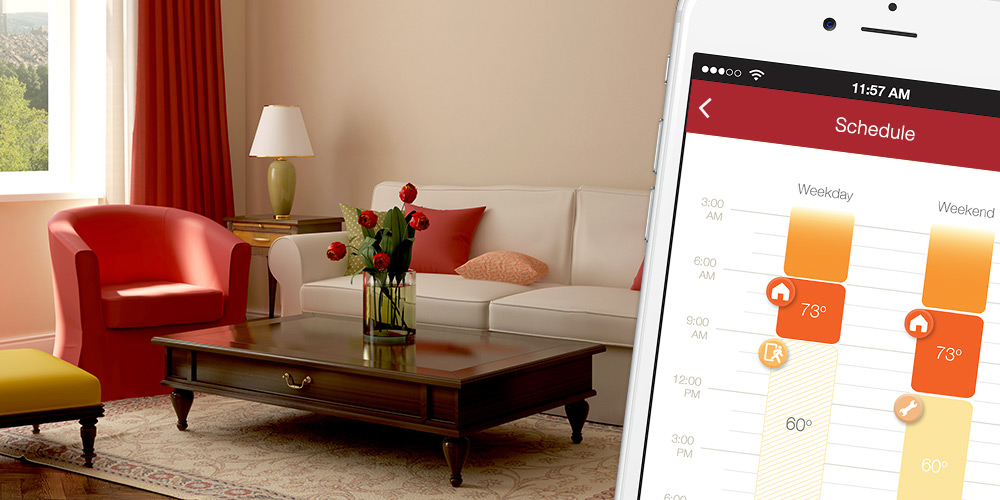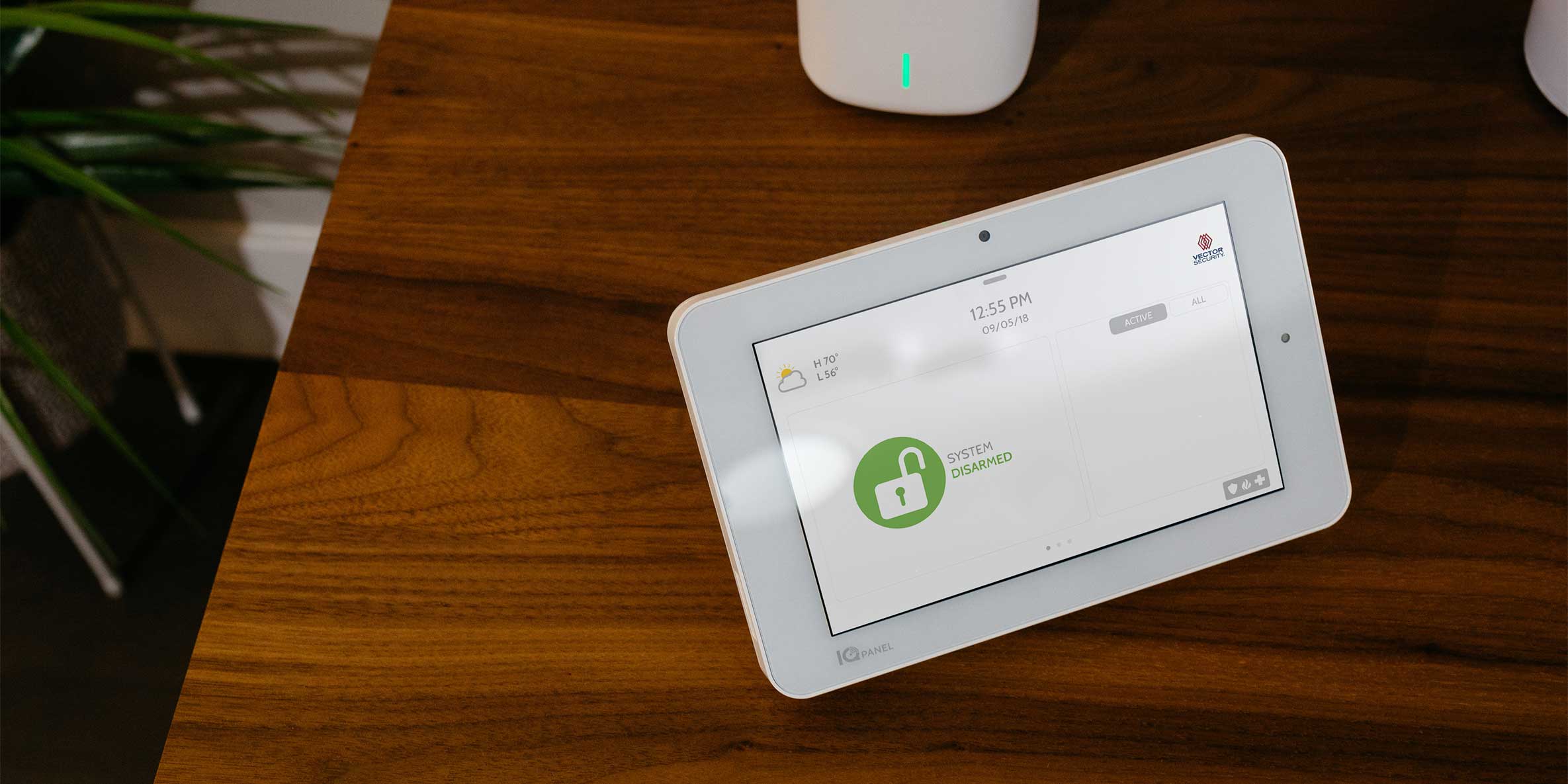You know the installation of a security system can help increase home safety, but you may have questions that need answered before purchasing.
Before deciding whether a security system is the right fit for you, understand the information below.
1. What is the Difference Between a Monitored and Local Alarm?
Monitored systems are connected to an alarm company, notifying them immediately if you experience an emergency (such as an intruder or fire). The monitoring center will confirm the threat and then contact your local police or fire department to dispatch help. This ensures proper security at all times, no matter what hour of the day.
Local systems, on the other hand, are more independent and do not automatically notify authorities. The system sounds a bell or siren and/or activates strobe lights to signal to the intruder that they have been discovered. To alert authorities, you or a neighbor must then contact them to send help.
2. How Does a Monitoring Center Work?
With a monitored system, rest assured that immediate help is available in the event of a security breach. Operators are notified whenever an alarm is triggered.
After an alarm has been triggered, a representative from the monitoring center will attempt to contact you to verify the alarm is valid. If the alert is real or you do not respond, authorities will be notified and appropriate help sent to your household.
3. How Do Power Outages Affect Security Systems?
Modern technology provides the opportunity to keep people safer than ever. If your area should experience a power outage, systems will switch over to backup battery power to keep security equipment up and running.
Know the lifespan of your backup battery, and replace as needed. Having a backup for your system is only useful if properly maintained!
4. What Security Features Should I Get for My Home?
It can be a bit overwhelming to navigate all the feature options available for your security system. To start, evaluate the most vulnerable areas of your home to determine where protection is most essential. Your security provider can help you with this assessment.
Then base product and feature selection on your home’s needs. Some equipment to consider:
- Wireless security panels.
- Indoor and outdoor cameras.
- Fire/carbon monoxide detectors.
- Motion detectors.
- Glass breaks/sensors.
Consider too your lifestyle preferences. Many of the above features can have home automation capabilities incorporated into them, allowing you to add convenience to your everyday life. These home automation features could include lights, locks and thermostats all controlled through your smart phone.
5. Should I Have My System Installed Professionally?
Installing a new security system yourself may seem cost efficient, but the risk factors can be more damaging than you may think. Professional installation helps assure your system is properly integrated into your home with no security gaps. When it comes to reliability and functionality, this is not an area you want to skimp out on!
What questions do you have about home security? Share your thoughts in the comments below.
Image Source: DaveBleadale



